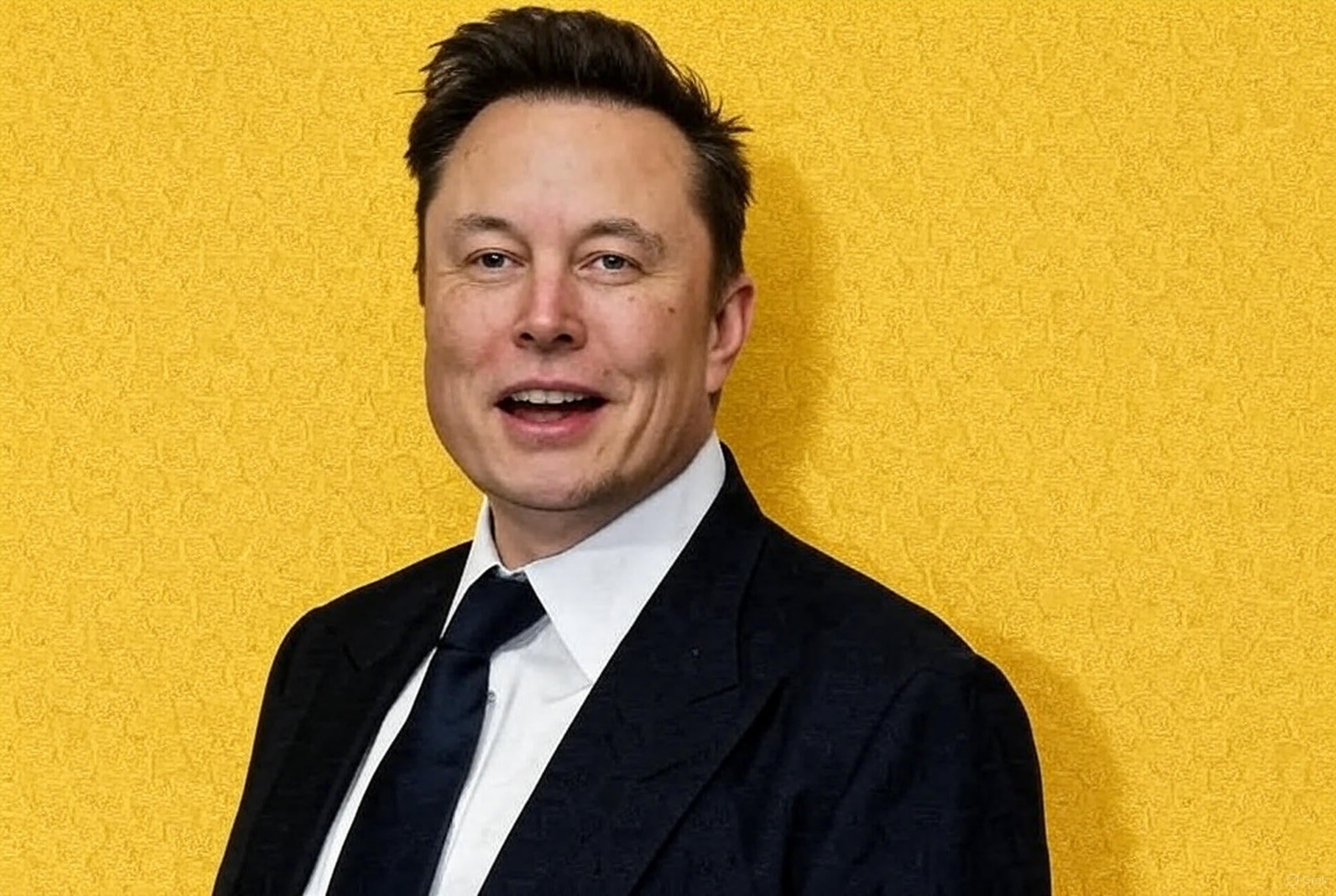Elon Musk Ignites Debate on Racism with Viral X Tweet
Introduction
Elon Musk, CEO of Tesla and SpaceX, has once again stirred controversy on social media. On October 15, 2025, Musk responded to a viral clip from Piers Morgan Uncensored on X (formerly Twitter), asserting that "Anyone can be racist to anyone obv 🤦♂️." This concise statement has triggered widespread debate, amassing over 206,000 likes, 26,000 reposts, and 16 million views. The discussion touches on definitions of racism, systemic power, and social dynamics in modern society.
Anyone can be racist to anyone obv 🤦♂️ https://t.co/Zhn2SFrDp4
— Elon Musk (@elonmusk) October 15, 2025
The Context: What Triggered Musk’s Tweet
The viral clip, shared by user @MatrixMysteries, features a 61-second exchange from Piers Morgan Uncensored that debates whether minority groups can be racist toward majority groups. A Black woman and a white woman engage in a heated conversation, discussing systemic power, racial prejudice, and accusations of "race baiting."
Key quotes from the clip include:
- "Black women cannot be racist to white women, are you kidding me?"
- "Am I racist to you? I’m black – I can’t be racist."
- "You called me a race baiter with no evidence. Are you giving your racism to me?"
The discussion reflects the ongoing debate between defining racism as any prejudice versus linking it to historical and systemic power dynamics.
Musk’s Response and Public Reaction
Elon Musk’s reply simplified the complex sociological argument: anyone can be racist to anyone. The tweet’s use of "obv" and a facepalm emoji emphasized his dismissal of what he sees as overcomplicated or politically motivated definitions.
Reactions on X have been polarizing:
- Supporters praised Musk for challenging “identity-based excuses” and promoting equality.
- Critics argued that his statement oversimplifies nuanced issues about systemic racism and societal power structures.
- Top replies included memes, graphics, and affirmations like "Accurate" and "This should not be controversial."
The engagement metrics suggest Musk’s perspective resonates with millions, illustrating the amplifying power of social media in framing cultural debates.
Broader Implications
This incident exemplifies how social media accelerates discussions about race and identity politics. The debate over definitions of racism—whether as prejudice alone or prejudice plus systemic power—is ongoing in academic and public circles. Musk’s tweet highlights:
- Public Influence: High-profile individuals can shift global discourse with a single statement.
- Social Media Dynamics: Clips from TV shows, like Piers Morgan Uncensored, can spark viral debates that extend far beyond their original context.
- Cultural Polarization: The tweet underscores deep societal divisions over identity, equality, and historical context.
The resurgence of the clip and Musk’s commentary also reflects wider discussions around media bias, cancel culture, and freedom of speech in 2025.
FAQs
- Q1: Can anyone be racist, regardless of race?
- A1: According to Musk’s tweet and some sociological perspectives, racism can exist in any direction. However, some academics argue that systemic power must accompany prejudice to qualify as racism.
- Q2: Why did the clip go viral?
- A2: The intense debate, emotional gestures, and controversial statements in the 61-second clip made it highly shareable, especially when amplified by Musk’s large following.
- Q3: What is "race baiting"?
- A3: Race baiting refers to intentionally provoking racial tensions for personal, political, or social gain. The clip highlights accusations of this behavior during heated debates.
Conclusion
Elon Musk’s viral tweet serves as a catalyst for renewed discussion on racism, power dynamics, and social media influence. While some view his statement as common sense, others see it as an oversimplification of a complex societal issue. Regardless of perspective, the episode demonstrates how modern media and influential figures can rapidly shape public discourse, turning brief TV clips into global debates.
In essence, Musk’s tweet is more than a social media moment—it is a reflection of ongoing societal tensions, the evolving definitions of racism, and the capacity of digital platforms to challenge, provoke, and educate audiences worldwide.


0 comments